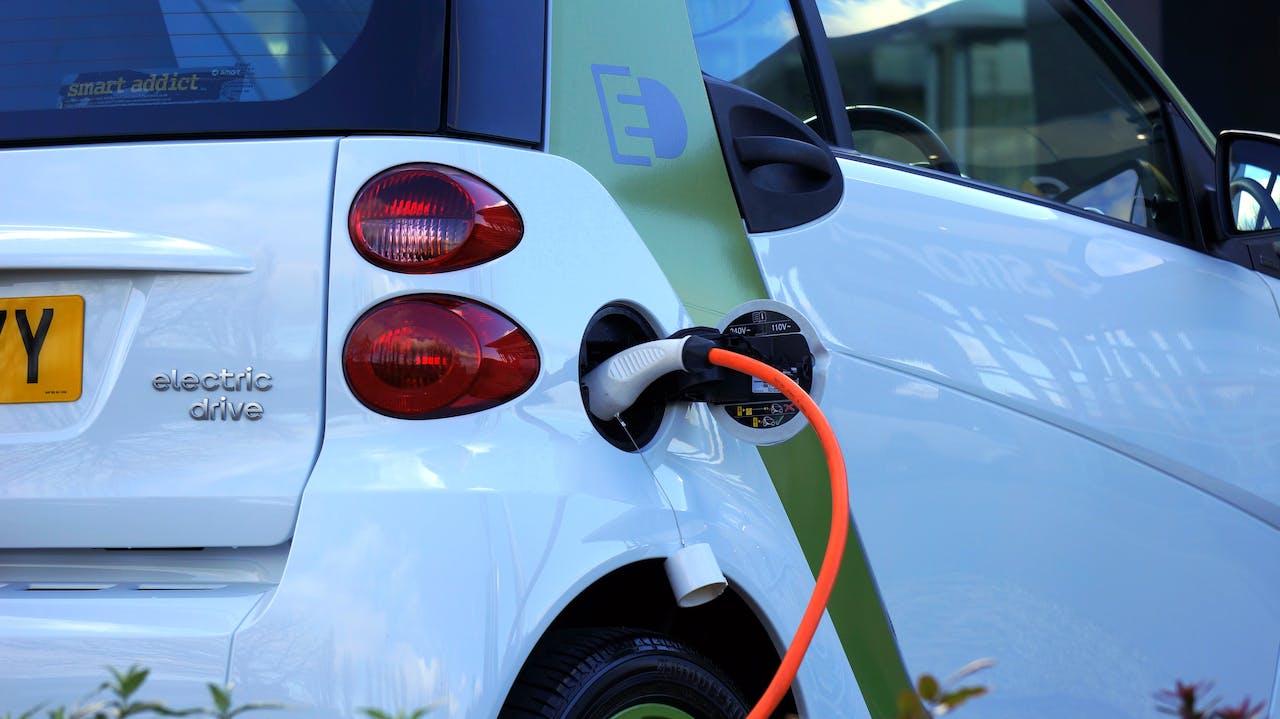The Electric Revolution: Navigating the Benefits and Pitfalls of Electric Cars
In recent years, the automotive industry has witnessed a significant shift towards electric vehicles (EVs), marking a pivotal moment in the quest for sustainable transportation. Electric cars, powered by rechargeable batteries, offer a cleaner and greener alternative to traditional internal combustion engine vehicles. However, as with any technological innovation, electric cars come with both benefits and potential pitfalls.
Benefits of Electric Cars:
- Environmental Impact: One of the primary advantages of electric cars is their positive impact on the environment. Unlike conventional vehicles that rely on fossil fuels, electric cars produce zero tailpipe emissions, reducing air pollution and greenhouse gas emissions. This contributes to combating climate change and improving overall air quality.
- Cost Savings: Electric cars typically have lower operating costs than traditional vehicles. They are more energy-efficient, and electricity tends to be less expensive than gasoline. Additionally, maintenance costs are often lower since electric cars have fewer moving parts, reducing the need for regular servicing and repairs.
- Energy Independence: Electric cars contribute to reducing dependence on fossil fuels, enhancing energy security. By utilizing a mix of renewable energy sources to charge electric vehicles, countries can decrease their reliance on imported oil and promote a more sustainable and resilient energy infrastructure.
- Incentives and Tax Credits: Many governments around the world offer incentives and tax credits to encourage the adoption of electric cars. These incentives may include rebates, tax deductions, and preferential treatment in terms of parking or toll discounts, making electric vehicles more financially appealing to consumers.
Pitfalls of Electric Cars:
- Limited Range and Charging Infrastructure: Range anxiety, or the fear of running out of battery power before reaching a charging station, remains a concern for some electric car users. While battery technology is advancing, electric cars generally have a more limited range compared to traditional vehicles. Additionally, the availability of charging infrastructure in certain areas may be inadequate, hindering the widespread adoption of electric vehicles.
- Initial Cost: The upfront cost of electric cars is often higher than that of traditional vehicles, primarily due to the cost of advanced battery technology. Although this cost is gradually decreasing as technology advances and economies of scale come into play, it remains a barrier for some consumers.
- Battery Degradation: Over time, the performance of electric car batteries can degrade, resulting in reduced driving range and overall efficiency. While manufacturers continue to improve battery durability and longevity, concerns about the long-term performance and replacement costs persist.
- Resource Intensive Manufacturing: The production of electric car batteries requires significant amounts of raw materials, including lithium, cobalt, and nickel. Mining and processing these materials can have environmental and ethical implications, such as habitat disruption, water pollution, and concerns about labor practices in some mining regions.
Electric cars represent a promising solution to the environmental challenges posed by traditional vehicles. The benefits, including reduced emissions, cost savings, and energy independence, make electric cars an attractive option for environmentally conscious consumers. However, addressing challenges such as limited range, charging infrastructure, and manufacturing considerations is crucial for ensuring the widespread adoption and success of electric vehicles in the years to come. As technology continues to advance, the electric car industry holds the key to a more sustainable and cleaner future for transportation.

Mary Smith – Writer – Finance, Relationships, Our Companions, Art & Culture







